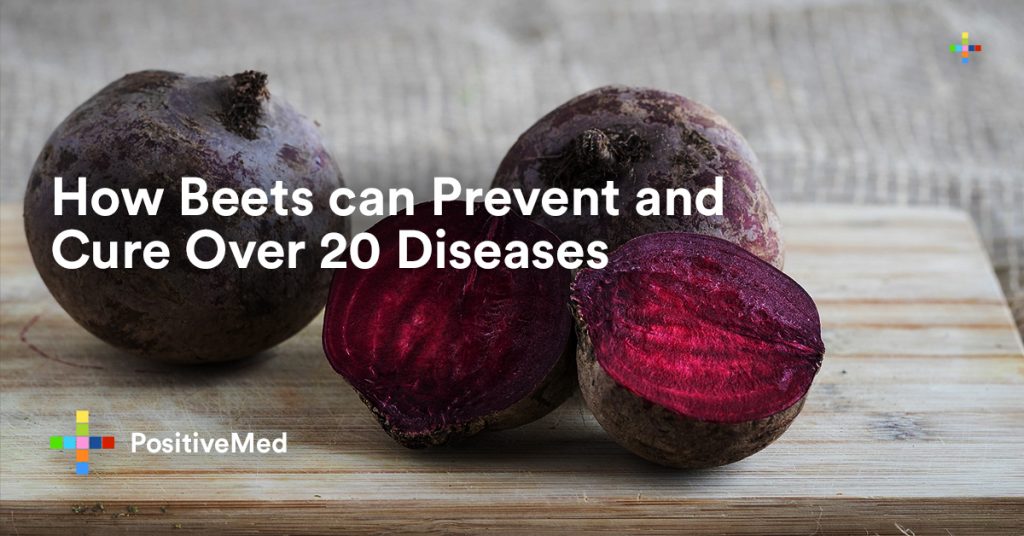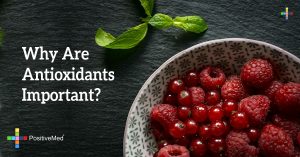Fruits and vegetables are loaded with nutrients including the essential vitamins, protein, and minerals. They have high nutritional value whether cooked or eaten raw. Thanks to their medicinal properties, vegetables have been in use for centuries to prevent and cure diseases. These include constipation, gall bladder disorders, indigestion, anemia, and kidney problems.

Vegetables are important part of a healthy diet and eating variety is as good as quantity since no single fruit can provide all the nutrients that your body requires. Eat variety every day!
Strive to eat a combination of various types and colors of produce so as to supply your body with nutrients that it needs. You can try dark leafy greens such as brightly colored yellow, red and orange vegetables.
Studies have shown that the incredible nutrients in some vegetables can help in preventing heart disease, cataracts, macular degeneration, respiratory disorders, skin problems, and poor circulation.
Beets
This vegetable which belongs to the chenopodiaceous family was originally found in the Mediterranean region.
Beets are rich in folate and betaine, which function together to help in regulating levels of homocystein in blood. High levels of homocystein increase the risk of heart disease which stems from artery-damaging inflammation.
Beets Nutritional Content
A single cup of beets contains the following:
• 75% calories
• 34% folate
• 28% manganese
• 15% potassium
• 14% fiber
• 14% copper
• 10% magnesium
• 9% phosphorous
• 8% vitamin C
• 7% iron
• 6% vitamin B6
Importance of Beets in Your Regular Diet
• Beets are rich in polyphenols and betalins which help in reversing oxidative stress while fighting free radicals in the body.
• Credit to their high fiber content, regular consumption of beets improves satiation and promote absorption of minerals and nutrients along the digestive tract. The fiber also improves metabolism and prevents digestive disorders.
• Beets are rich in nitrates, which are converted into nitrites during metabolism. Many studies have demonstrated that nitrites can boost circulation by opening blood vessels to supply oxygen throughout the body. Researchers believe that this vegetable is therefore crucial in preventing dementia. British researchers found that athletes who took the beet juice mixed with a little apple juice before exercising reported better endurance and a lower resting blood pressure.
• The amount of copper in beets helps in the fight against free radicals. On the other hand, iron and phosphorous improve energy levels in the body. Beets also contain iodine, which ensures healthy thyroid function for hormonal secretion. Potassium and folate support the cardiovascular function while magnesium boosts bone health.
• The folic acid found in beets encourages the formation of new cells. This is essential in rejuvenating the skin and other tissues in the body.
• Being rich in lutein, beet greens can protect the eyes against age-related macular degeneration and cataracts. Additionally, they contain various phytochemicals that improve nerve tissues and the health of your eyes.
• Beets also contain higher amounts of pectin than carrots and apples. Studies indicate that pectin plays a major role in preventing circulation of harmful bacteria in the digestive system. This is very important in fighting the spread of many diseases. Additionally, pectin can help in the removal of toxic compounds and radioactive materials from your body.
Related Link : How To Repair Your Damaged Kidney With Only 1 Teaspoon Of Baking Soda
• Beets are packed with cobalt, which enhances the production of vitamin B12. This vitamin plays a major role in the formation of red blood cells.
• This vegetable contains B complex vitamins which strengthen the capillary walls.
• Beets are loaded with betalain pigments which facilitate the elimination of toxic waste from the body.
• Due to their high levels of antioxidant and anti-inflammatory agents, studies indicate that beets can help in reducing the risk of some cancers. Their striking red color comes from a plant pigment called betacyanin. Preliminary findings suggest that betacyanin can help defend cells against harmful carcinogens. Additionally, being rich in fiber, beets can be helpful in lowering the risk of colon cancer.
• Dr. Mehmet Oz also suggests that you can cut the risk of kidney cancer by adding a quarter cup of beets to your daily diet.
Caution When Eating Beets
People who are prone to kidney stones should take beets with caution. They are rich in oxalates, which can form small crystal deposits and lead to the formation of kidney stones.
The high content of oxalates in beets can contribute to gout, a form arthritis, which occurs when there is a buildup of uric acid in the body.
You may not enjoy the color of your stool or urine if you regularly consume beets. It can be red or pink. Some people get shocked into thinking that it is blood. However, it is actually harmless.
Conclusion
As you can see, there are plenty of health benefits that you can get by incorporating beets to your regular diet. Irrespective of your age, beets can enhance your bodily functions and shield you against common and chronic illnesses. Most of these health benefits associated with beets are scientifically-backed by accredited institutions around the world. It is undeniable that researchers will eventually find other incredible benefits with the use of beets in regular diet programs.








